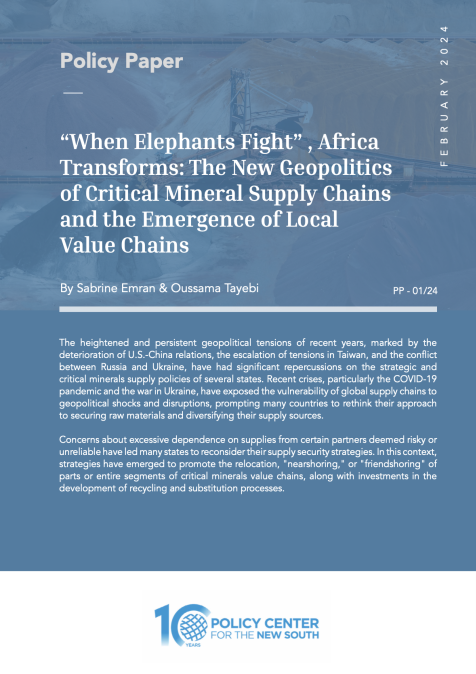Publications /
Policy Brief
Policy Brief
Les mutations du marché des matières premières - Partie 1: réglementation prudentielle et désengagement du secteur bancaire
January 21, 2015
Le désengagement progressif des banques occidentales du secteur des matières premières est en marche. Deux raisons principales permettent d’expliquer ce « recentrage » : un accroissement des contraintes réglementaires et une moindre rentabilité. Ce retrait semble profiter aux grands négociants internationaux, mais également aux banques des pays émergents qui ne cachent pas leur appétit légitime dans ce domaine.









